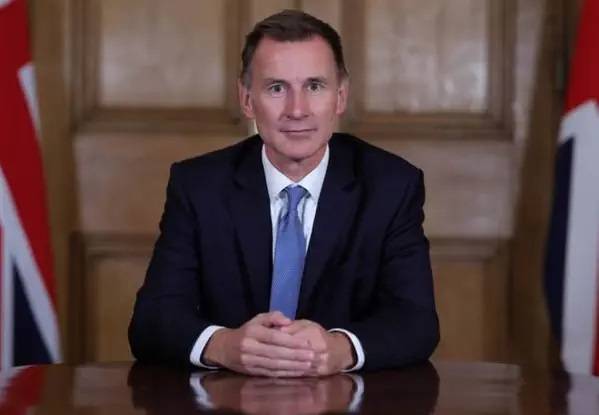
The British government stood firm on its windfall tax on the oil and gas sector in a meeting with industry executives on Friday, two sources with knowledge of what was discussed said.
Finance Minister Jeremy Hunt rebuffed requests from North Sea oil and gas executives to include a mechanism in the tax to reflect falls in oil and gas prices, although a future revision was not ruled out should prices slump, the sources said.
Hunt last month announced plans to boost the Energy Profits Levy (EPL) on oil and gas companies from 25% to 35%, bringing the total tax rate on the sector to 75%, one of the highest in the oil and gas industry.
The government said this would raise funds to help people struggling with increased living costs, largely driven by energy prices that surged after oil and gas exporter Russia invaded Ukraine in February.
The Treasury said in a statement that Hunt highlighted the importance of energy security and pointed to investment incentives that are already part of the EPL as well as the possibility of further meetings with the industry.
One of the sources said the oil and gas industry executives reiterated concerns that the new tax had already curtailed producers' access to capital and risked a flight of capital from the ageing basin at a time when the government is trying to increase Britain's energy security.
Britain's oil and gas production - https://tmsnrt.rs/3SXVktt
Britain's biggest oil and gas producers - https://tmsnrt.rs/3wNJsBV
UK government revenue from oil and gas sector UK government revenue from oil and gas sectorhttps://tmsnrt.rs/3NB5I7H
(Additional reporting by Farouq Suleiman. Editing by Jane Merriman)